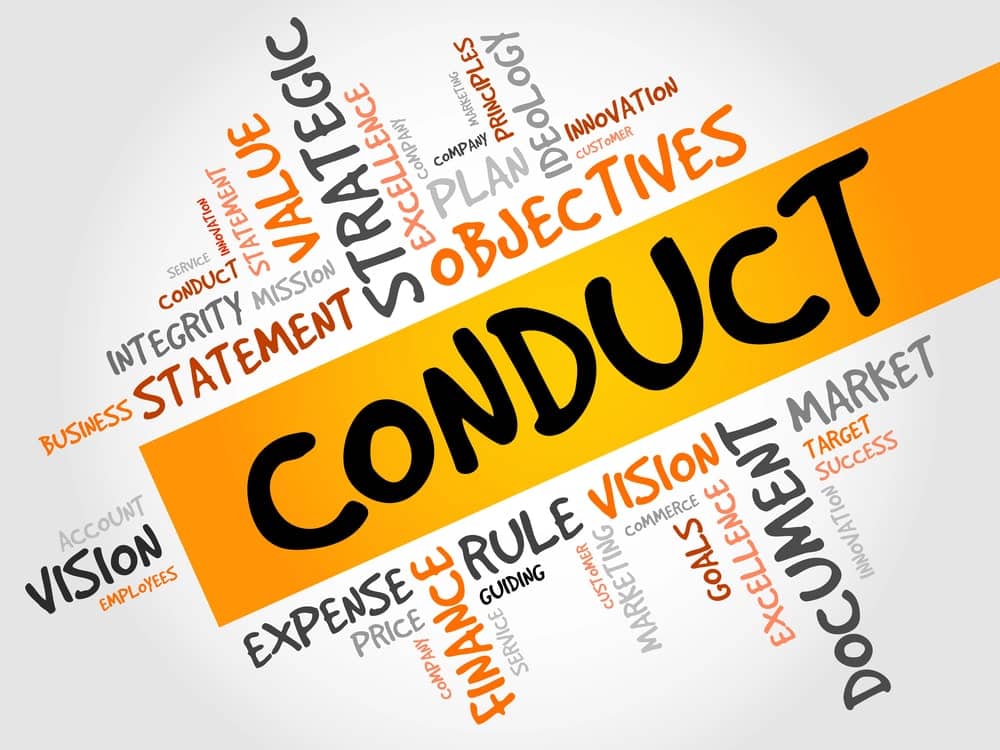What Happens If You’re Caught Drinking at UT?
Imagine getting caught drinking underage at the University of Tennessee and realizing how quickly one night can change everything. What starts as a campus party can lead to criminal charges, university discipline, and long-term damage to your record. Under Tenn. Code Ann. § 1-3-113(b), it is unlawful for anyone under 21 to purchase, possess, or consume alcohol. While this law prohibits underage drinking, penalties depend on the situation and may include citations or misdemeanor charges under related statutes.
UT’s Student Code of Conduct prohibits possession or consumption of alcohol by individuals under 21 on university property. Violations can bring suspension, probation, or mandatory counseling that disrupts both your studies and future plans. These actions stay on record and can affect scholarships, housing, and even job opportunities.
This guide explains what happens if you’re caught drinking at UT and how to handle the process effectively. You will learn what penalties to expect under Tennessee law and how the campus hearing system works. An experienced Knoxville underage drinking lawyer can help protect your record and guide you through every step.

UT’s Alcohol Policy Explained
The University of Tennessee enforces state drinking laws through its Student Code and Residence Life policies. Even without police involvement, the university can discipline students for alcohol-related conduct that violates these rules.
Where the Policy Applies
UT’s alcohol policy covers all university-controlled areas, including residence halls, fraternity houses, and campus tailgates. It also extends to organization-sponsored trips, student events, and off-campus gatherings tied to university life. Alcohol use is only permitted for individuals aged 21 and above when specifically authorized by the institution.
Common Violations
Frequent violations include possessing alcohol in dorms or shared spaces, hosting gatherings with underage drinking, or supplying alcohol to students under 21. Being visibly intoxicated on university property can also result in disciplinary action, often leading to probation, suspension, or loss of campus privileges.
What Happens After You’re Caught
When an alcohol or conduct incident is reported, it may trigger both campus discipline and criminal review. Campus police or staff file an incident report, which is reviewed by the UT Office of Student Conduct and Community Standards to determine next steps.
Immediate Actions
Initial responses are meant to verify facts and ensure safety.
- Police or security confirm identification and may issue a citation or warning.
- The Student Conduct & Community Standards Office will contact you to schedule a conduct meeting.
- In serious situations, temporary housing or campus restrictions may be imposed while the case is reviewed.
Campus Conduct Process
Students are given an opportunity to respond to the allegations.
- You’ll receive a notice of alleged violations and must meet with a conduct officer.
- During this meeting, you can explain your version of events and present evidence.
- Outcomes may include warnings, probation, or required education programs depending on the findings.

Criminal Penalties Under Tennessee Law
If police issue a citation for underage drinking, you may face criminal consequences under Tennessee law in addition to university discipline. These cases are handled separately — the university process focuses on student conduct, while the court system determines legal penalties such as fines, community service, or misdemeanor charges that can affect your record.
Possible Legal Consequences
Underage drinking charges can lead to fines, probation, or community service, depending on the circumstances. License suspension applies only if the offense involves operating or attempting to operate a vehicle under the influence, not for mere possession or consumption under § 1-3-113. A criminal record can appear on future background checks, affecting internships, scholarships, and career opportunities after graduation.
Public Intoxication
Being intoxicated in public may result in additional criminal charges if your actions endanger yourself or others nearby. Police determine intoxication based on your behavior, speech, and surroundings at the time of the incident. These charges are handled separately from university discipline and can increase the need for an underage drinking defense lawyer.
Medical Amnesty & Safety Exceptions
The University of Tennessee urges students to call for help during alcohol-related emergencies without fearing university punishment. Through its Medical Amnesty Policy, UT protects those who act responsibly when someone’s health or safety is at risk. This rule encourages students to prioritize saving lives over worrying about disciplinary consequences.
When Amnesty Applies
Medical amnesty applies when you contact 911 or campus security to report an alcohol emergency. You must remain with the person in need until medical help arrives and cooperate fully with responders afterward. Following these steps ensures your actions qualify for protection under UT’s safety policy.
What Amnesty Does Not Cover
Amnesty does not excuse other violations, such as using fake IDs or causing property damage during the incident. It also does not prevent police from issuing criminal citations under Tennessee law. The goal is to encourage students to act responsibly in emergencies, not to overlook risky or illegal behavior.
Housing and Student Organization Consequences
Alcohol-related violations in dorms or Greek housing can lead to serious disciplinary action under UT’s conduct policies. These offenses may affect your campus housing privileges or membership in student organizations. The university treats such incidents as community safety concerns rather than isolated rule breaks.
Housing Impacts
A first violation often results in a warning or mandatory alcohol education program. Repeated or severe cases can lead to housing probation, relocation to another dorm, or permanent removal from university housing. Damaging property or refusing to cooperate with staff typically results in stricter penalties and long-term restrictions.
Organization Sanctions
Student organizations that host underage drinking events risk losing university funding or official recognition. Group leaders can also face personal disciplinary action for failing to prevent or report alcohol violations. Fraternities and sororities are held to higher accountability under UT’s risk management and conduct policies.

What To Do Next
Being cited or referred for a conduct violation can feel overwhelming, but prompt and responsible action helps protect your record and future opportunities. Acting quickly shows accountability and prevents unnecessary escalation.
Immediate Steps
Take organized, respectful action as soon as you receive notice.
- Respond to all university notices on time—missing deadlines can worsen penalties.
- Gather evidence, including photos, messages, or witness statements that support your account.
- Maintain professionalism in all communication with UT staff and conduct officers.
Seeking Legal Guidance
Early legal advice can prevent mistakes that have lasting effects.
- A criminal defense or student-rights attorney can explain options for diversion, expungement, and license protection.
- Understanding Tenn. Code Ann. § 39-17-310 (public intoxication law) helps avoid further charges.
- Legal guidance is essential when facing both university discipline and criminal consequences.
Conclusion
A single underage drinking incident at the University of Tennessee can have consequences that extend far beyond campus life. The university enforces its alcohol policies carefully, and violations often trigger both academic and housing penalties. Even one citation can affect your record, reputation, and eligibility for scholarships or internships.
Tennessee law also brings criminal penalties that can complicate your future even more. Acting quickly, understanding your rights, and consulting a Knoxville underage drinking lawyer can make a critical difference. With proper guidance, you can protect your record and move forward responsibly.
At Eldridge & Cravens, P.C., we understand how overwhelming an underage drinking charge at the University of Tennessee can feel. Our Knoxville juvenile crime lawyers know how to navigate both campus and state legal systems to protect your record and future. Contact us today at (865) 544-2010 to speak with a Knoxville underage drinking lawyer. Take the first step toward defending your rights and let our experienced team guide you through this difficult time.
Do not navigate the system alone
Call: 865-544-2010
